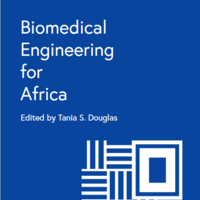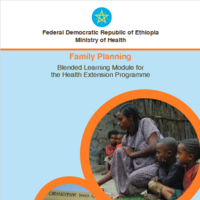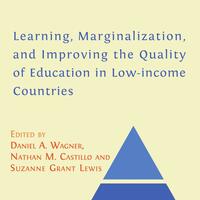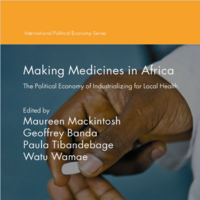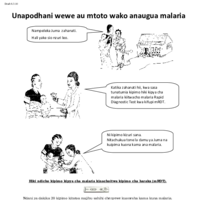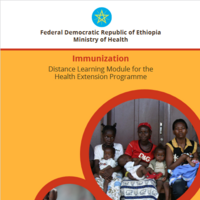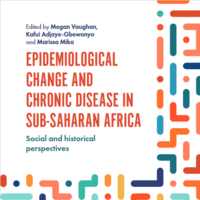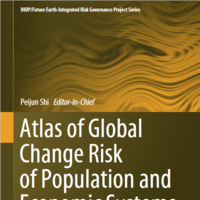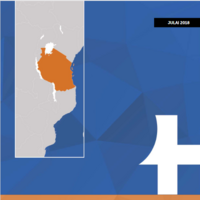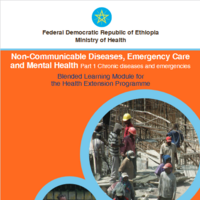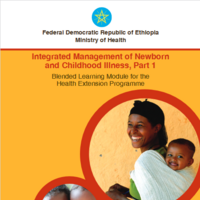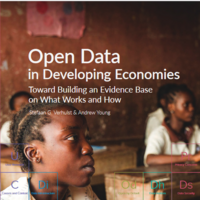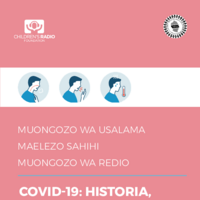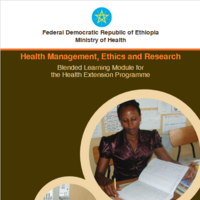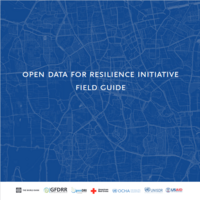Search
Books+
Searching 1,730 books
Search related to the career Biostatistician
Introduction:
Biostatisticians play a crucial role in improving global healthcare by applying statistical methods to analyze and interpret health-related data. Their expertise helps in understanding disease patterns, evaluating interventions, and making evidence-based decisions. Here are some ways in which biostatisticians can contribute to enhancing global healthcare:
1. Study Design and Sample Size Determination:
Biostatisticians can assist in designing robust studies that generate reliable and valid results. They determine appropriate sample sizes, ensuring studies have sufficient statistical power to detect meaningful effects. By optimizing study design, biostatisticians help reduce bias and improve the accuracy of research findings.
2. Data Collection and Management:
Biostatisticians develop protocols for data collection, ensuring that the information gathered is accurate, complete, and relevant. They also contribute to the development of standardized data collection tools and databases, facilitating data sharing and collaboration among researchers globally.
3. Statistical Analysis and Interpretation:
Biostatisticians employ advanced statistical techniques to analyze complex health data. They identify trends, patterns, and associations, enabling researchers and healthcare professionals to understand disease etiology, risk factors, and treatment outcomes. Accurate interpretation of statistical results is crucial for evidence-based decision-making.
4. Clinical Trial Design and Analysis:
Biostatisticians play a vital role in designing and analyzing clinical trials. They help determine appropriate endpoints, randomization methods, and statistical models. By ensuring rigorous statistical analysis, they contribute to the identification of effective treatments and the development of new therapies.
5. Surveillance and Outbreak Analysis:
Biostatisticians contribute to global health surveillance systems by analyzing disease outbreaks and monitoring public health indicators. They develop models to predict disease spread, estimate disease burden, and evaluate the effectiveness of interventions. This information aids in the timely implementation of preventive measures and resource allocation.
6. Health Policy and Decision Making:
Biostatisticians provide critical insights for health policy development and decision-making processes. They evaluate the cost-effectiveness of interventions, assess the impact of health policies, and contribute to health economic evaluations. Their expertise helps policymakers allocate resources efficiently and prioritize interventions that have the greatest impact on population health.
7. Collaboration and Communication:
Biostatisticians collaborate with multidisciplinary teams, including epidemiologists, clinicians, and public health professionals. They contribute statistical expertise and effectively communicate complex statistical concepts to non-statisticians. Clear communication of statistical findings is essential for informed decision-making and effective implementation of healthcare interventions.
Conclusion:
Biostatisticians play a crucial role in improving global healthcare by applying statistical methods to analyze and interpret health data. Their contributions in study design, data collection, statistical analysis, clinical trials, surveillance, health policy, and collaboration are essential for evidence-based decision-making and the development of effective healthcare interventions.
Source: Various AI tools
